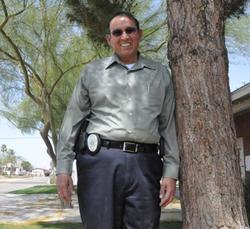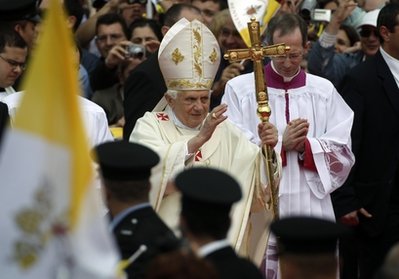Over at the Times, Maureen Dowd is resting this sabbath, and so her colleague Nicholas Kristof picks up where she left off, with a litany of complaints about the all-male hierarchy.
Then, near the end, he offers this tribute to the Catholic Church as the world’s most dynamic and effective social service organization:
In my travels around the world, I encounter two Catholic Churches. One is the rigid all-male Vatican hierarchy that seems out of touch when it bans condoms even among married couples where one partner is H.I.V.-positive. To me at least, this church — obsessed with dogma and rules and distracted from social justice — is a modern echo of the Pharisees whom Jesus criticized.
Yet there’s another Catholic Church as well, one I admire intensely. This is the grass-roots Catholic Church that does far more good in the world than it ever gets credit for. This is the church that supports extraordinary aid organizations like Catholic Relief Services and Caritas, saving lives every day, and that operates superb schools that provide needy children an escalator out of poverty.
This is the church of the nuns and priests in Congo, toiling in obscurity to feed and educate children. This is the church of the Brazilian priest fighting AIDS who told me that if he were pope, he would build a condom factory in the Vatican to save lives.
This is the church of the Maryknoll Sisters in Central America and the Cabrini Sisters in Africa. There’s a stereotype of nuns as stodgy Victorian traditionalists. I learned otherwise while hanging on for my life in a passenger seat as an American nun with a lead foot drove her jeep over ruts and through a creek in Swaziland to visit AIDS orphans. After a number of encounters like that, I’ve come to believe that the very coolest people in the world today may be nuns.
So when you read about the scandals, remember that the Vatican is not the same as the Catholic Church. Ordinary lepers, prostitutes and slum-dwellers may never see a cardinal, but they daily encounter a truly noble Catholic Church in the form of priests, nuns and lay workers toiling to make a difference.

